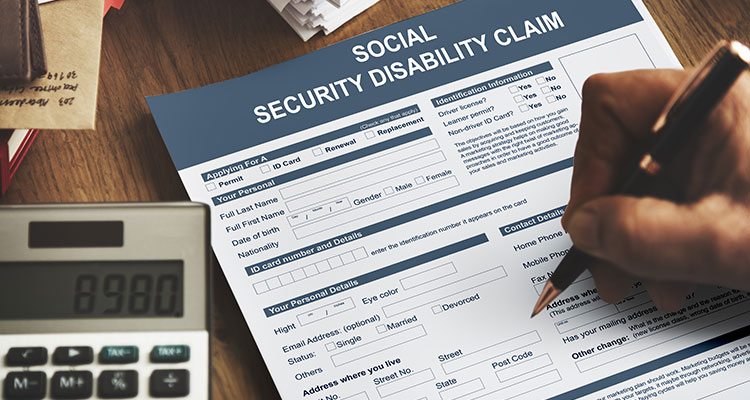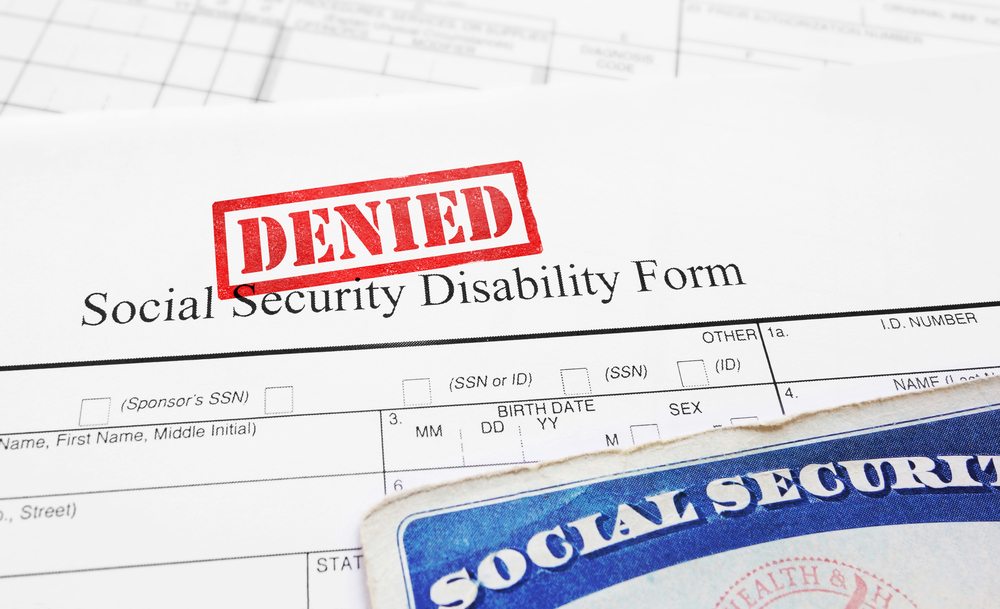Is Social Security Disability Income Taxable?

Disability benefits from the Social Security Administration (SSA) are critical resources for anyone that has been sidelined with disability. Being disabled means you discontinue your relationship with an employer, hence the stream of income is stopped. Now, this can now be addressed with the help of Social Security disability income, one that’s given by the agency to anyone that has been disabled. Based on existing rules, the payment often starts five months after the report of disability, often on the sixth month. More than the time-table on when the disability income can be received and enjoyed, many recipients are also asking another important question related to this benefit- Is Social Security Disability Income Taxable? under existing laws and rules? An understanding of this issue is recommended for recipients as this will help avoid confusion and more questions in the near future.

Is Social Security Disability Income Taxable? and how much should I pay?
While it’s nice to receive the benefits in full, one should keep in mind that recipients of the disability income are also covered by tax. According to the latest figures and data from the SSA, roughly one third of its recipients and members pay the taxes. So who pays the tax, and why are others not covered by the law when it comes to paying taxes? If you are asking “Is Social Security Disability Income Taxable?”, well the answer depends on your income stream, on top of the Social Security benefits. If you have a substantial income stream on top of the benefits that you receive from SSA, then you are mandated by the law to pay the taxes.
Here are some situations that will require the payment of taxes:
- If you have filed your income tax return as an ‘individual’ and the income declared has exceeded $25,000, then you are mandated by the law to pay the taxes.
- If you declare that you are married yet a separate tax return has been filed, then it’s recommended that you also cover the taxes.
- If it is a joint filing, the taxes should be paid if the computed combined income exceeds $32,000.
If one wants to learn more about the tax rules or get answers to questions like “Is Social Security Disability Income Taxable?” and exemption regarding the Social Security disability income, it’s best to visit the official website of the Internal Revenue Service (IRS), or personally visit the office.
Paying taxes may diminish the total disability package that is received by an individual. But keep in mind that the agency has safety nets in place that can help those who are disabled and want to receive more. For example,the agency offers a cost-of-living adjustment. If the cost-of-living has increased by 2 or 3 percent, then the benefit amount that a person receives from SSA will also increase by the same percentage. This should help the recipients cope up with increasing costs and a worsening economy.











